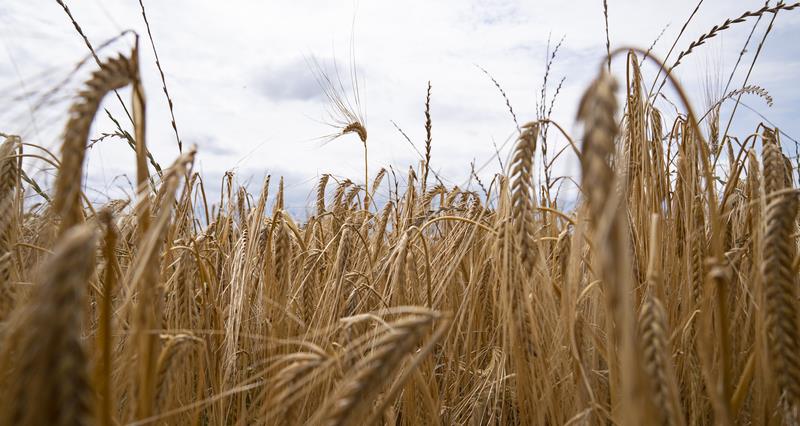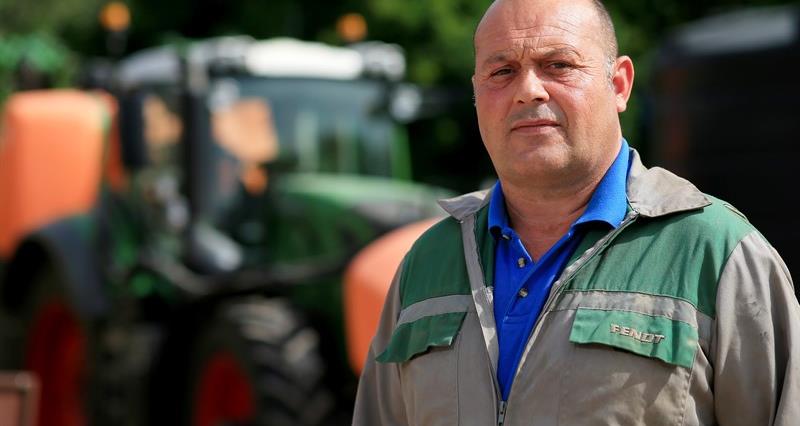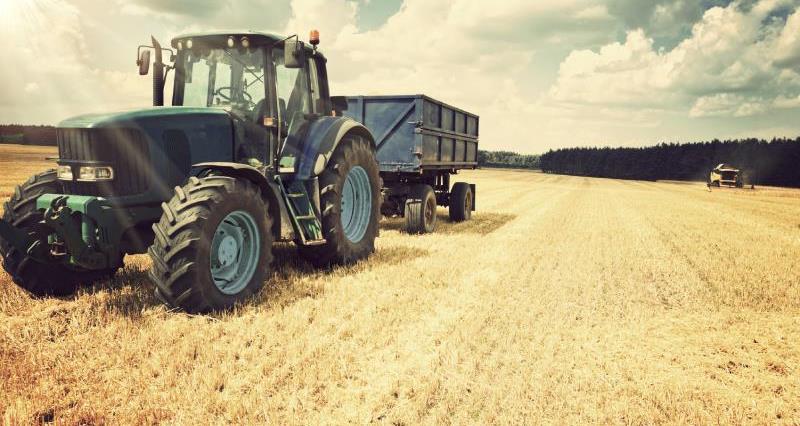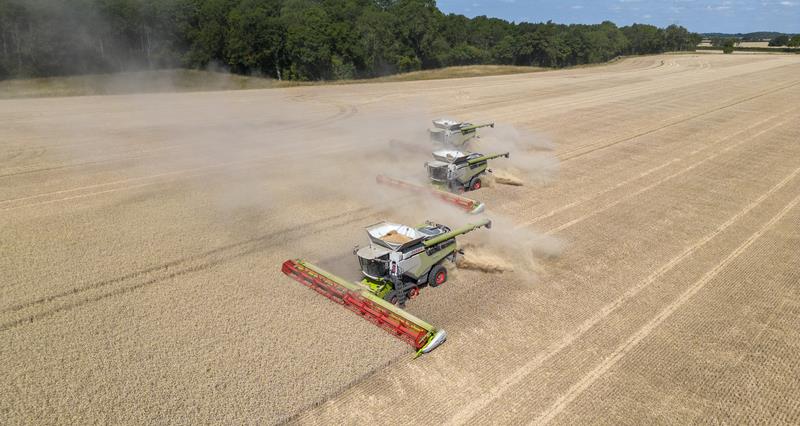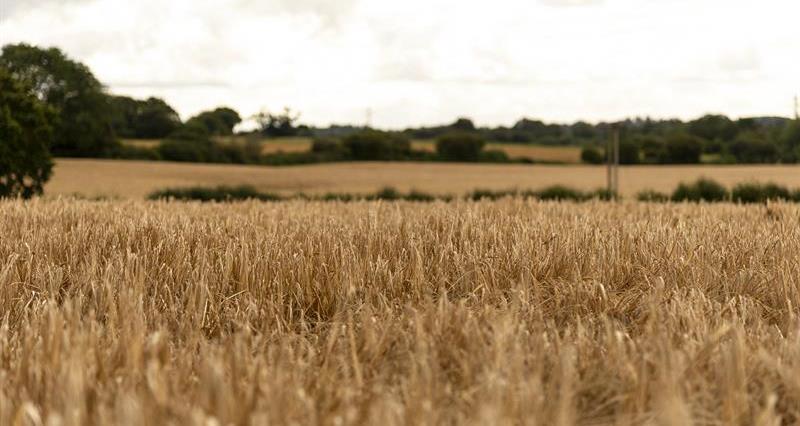Harvest quality woes shared across the continent
The biggest impact to harvest yields is expected to be seen in Spain, where harvest yields are predicted to be just one quarter of what it usually is. This sentiment was reflected among most other European countries.
Nations such as Poland were particularly vocal in their concerns that the current market is not accurately reflecting how poor the European harvest is likely to be this summer.
NFU representatives were involved in a number of long and in-depth conversations about the drought conditions, including whether the EU were going to adapt the CAP (Common Agricultural Policy) measures to accommodate for the varying state of crops.
What is Copa-Copega?
Copa-Copega is an organisation that unites amplifies farming and agricultural voices in the European Union. The British Agriculture Bureau has been a member for over 50 years and continues to represent UK farmer's interests in Europe.
The team also listened in on discussions on what financial support and risk management plans, including insurance, could be put in place to protect European farmers.
Due to the long-term nature of the current drought, farmers across the EU will likely have opted to grow more drought-tolerant but lower yielding varieties, impacting the variety available at harvest.
The impact of the drought on grain quality was also discussed something that UK farmers and producers should be wary of when harvest begins in parts of the country.
Looking at the wider impacts on the market, tighter world supply and demand will mean the Russian invasion of Ukraine will continue to effect grain prices.
However, Ukraine is still expected to remain the fourth largest grain exporter – whilst Russia will have plenty to export too.
Fertiliser continues to cause headaches for EU
The fertiliser market has been a contentious issue for EU farmers in recent months, due to a tariff suspension imposed when the market was at its highest, as a measure to ease market tensions.
Unfortunately for farmers, the tariff suspension took place at a time when very little fertiliser was purchased. Consequently, the European Commission concluded that the tariff suspension had no meaningful impact on the market and reinstated the 6.5% import tariff.
Continuing to meet RED II standards
NFU National Crops Board representative Jamie Burrows, took the opportunity to query several issues on RED II, the Renewable Energy Directive that in the UK sits under the responsibility of Red Tractor or Scottish Quality Crops.
It was helpful to better understand how the requirements differ between nations, and the support that the working party can provide to ensure the UK can continue to produce crops that meet RED II requirements following the UK’s exit from the EU.
Gene edited varieties approaching the market
With precision breeding on the horizon, it is no surprise this was a topic on attendees’ minds at the meeting.
A discussion was held on precision breeding, which indicated that plants bred in the EU would be split into two categories – one which illustrates that plant genomes with up to 20 edits would not require different food labelling, and another for plant genomes with more than 20 edits or any herbicide tolerance, which would be classed and labelled as genetically modified.
The conversation went on to cover that fact that precision bred plants would be banned from organic farming, but changes to the content of the EU’s final plans may continue to be made until they release their final document.
Understandably, breeders are only at the start of their investment journey and it will take a number of years before gene edited varieties hit the seed marketplace across the union.
More information on the new proposed framework for genomic techniques in the European Union can be found at: British Agricultural Bureau – EU proposes new framework for New Genomic Techniques
Continuing close collaboration with the EU Commission
The meeting’s agenda also emphasised the importance of presenting evidence to the EU Commission that promotes the environmental benefits of farming. The importance of oilseed rape as a crop for bees, and the fact that a balanced diet is vital for strong nutrition and health, were the most notable points.
A potential EU ban on the export of all non-EU authorised plant protection products was also discussed. As this could have an impact on plant protection products available to farmers in the UK, the discussion only highlighted how important it is for us to work with and support Copa-Cogeca on.
The whole meeting encapsulated the importance of continuing to have a seat around the table with our EU counterparts and collaborating with them on important issues that continue to challenge all of us.
